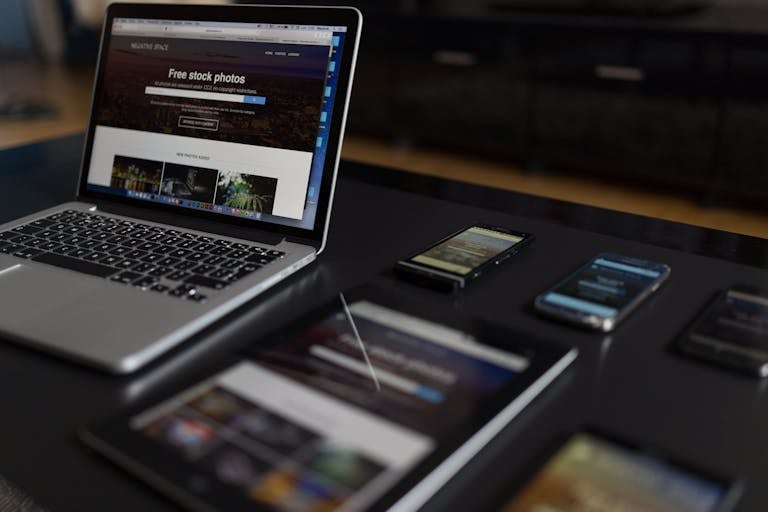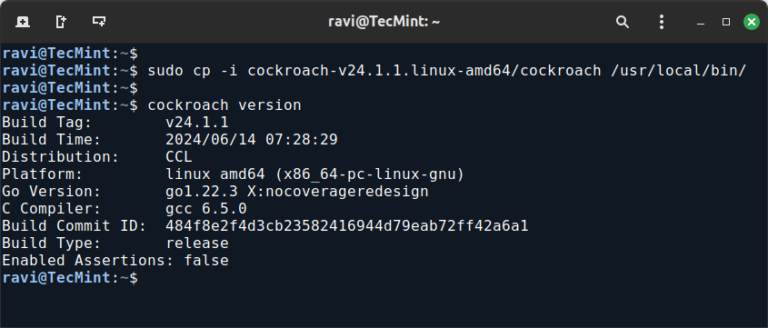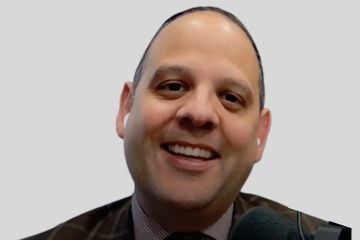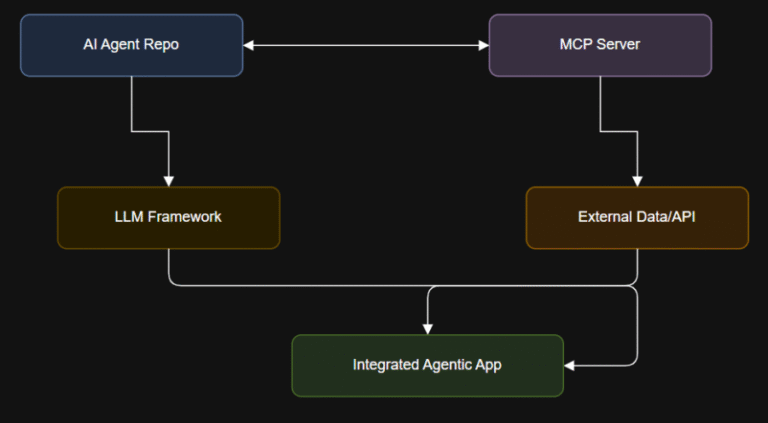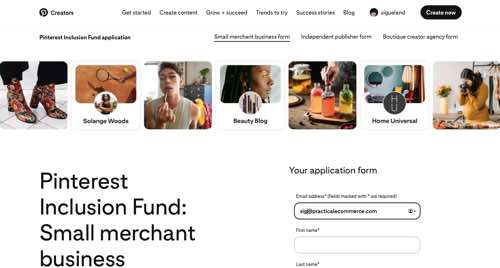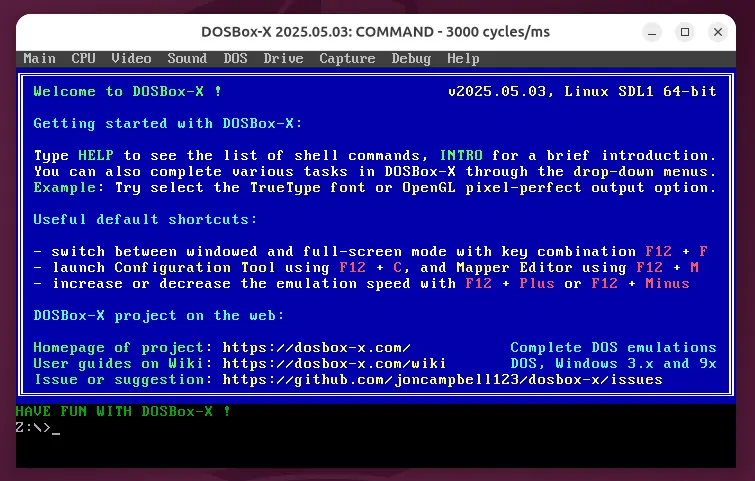
Andy Gould co-founded Batch, a Wisconsin-based D2C cannabis brand, in 2018. He says the company struggled for years until it perfected content creation and advertising. “Once we dialed in our Meta ads and built a strong creative flywheel, everything took off,” he told me.
I first interviewed Andy and his two co-founders in 2023. In this our latest conversation, he addresses video production, regulatory scrutiny, and “hockey stick” growth — from annual revenue of $5 million to $50 million in two years.
Our entire audio is embedded below. The transcript is edited for clarity and length.
Eric Bandholz: Give us the rundown.
Andy Gould: I sell weed online. My two best friends from college and I started Batch, a cannabis-based gummy brand that’s now one of the biggest in the U.S.
In 2023, we had $5 million in annual revenue. In 2024, $15 million. And this year, we’re on track for $50 million. It’s been true hockey-stick growth. For years, we plateaued at roughly $15,000 in daily Shopify sales. Once we dialed in our Meta ads and built a strong creative flywheel, everything took off.
Customer acquisition costs have stayed relatively stable. We used to spend about $5,000 a day on Meta, with customer acquisition costs running around $65. Now we’re spending close to $50,000 daily, and CPAs are roughly $75.
Sales of THC — tetrahydrocannabinol, the cannabis compound — are booming. Many customers are replacing alcohol or trying THC for the first time. We position Batch as a trusted dispensary alternative — THC for the everyday person who prefers delivery from a transparent, reliable brand.
Bandholz: How did the Meta flywheel scale you from $5,000 to $50,000 per day?
Gould: We were inspired by Paul from BK Beauty at EcommerceFuel Live. He talked about using a creative flywheel to generate quality content efficiently.
We had two big challenges on Meta. First, we’re in a restricted category. We studied how to advertise without losing our accounts. We connected with others in similar spaces, learned the language and visuals Meta allows, and used those insights to stay compliant.
Then we focused on volume — creative is the new targeting. We can tell an authentic story because we handle much of our manufacturing and even help harvest crops.
Once a year, we hire a crew for around $15,000 to film everything on-site, generating hundreds of content assets.
We spend about 7% of revenue on creative. Our internal team and an agency turn that raw footage into 40 new videos each week, testing about 10 different concepts with multiple hooks or calls to action.
Bandholz: So you’re actually on camera, talking about the product?
Gould: Exactly. You see me walking through the field with our farmer, Rollin, explaining how he’s up at 4:30 a.m. every day, living the American dream. Then we’ll switch to a science angle — me on a tractor showing a certificate of analysis and explaining everything. We create about 20 ideas like that in two days of filming.
Across the two days, we capture roughly 48 hours of footage since we have two videographers filming different people simultaneously.
The key is building a system to recycle and repurpose everything. We have a team dedicated to organizing and tagging footage. They label each file by angle, environment, or who’s in it — like a Dewey Decimal System for videos. That organization makes editing and repurposing much faster.
We recycle footage for years. Main narratives can become B-roll; farm content combines with warehouse clips from past years. It’s the snowball effect: the more you film, the more combinations you can create. Success is about grabbing attention. Meta rewards consistent, engaging content.
Bandholz: How much revenue is from new versus repeat customers?
Gould: When we started selling THC and CBD gummies, we didn’t realize how powerful it was to have a consumable product that people naturally reorder. Right now, about 55% of our revenue comes from repeat customers and 45% from new ones. That balance shows our strong retention and steady growth.
Subscriptions have been huge for retention. I’d recommend any ecommerce brand with a consumable product to set up subscriptions. It builds momentum over time like a snowball.
Between subscriptions and consistent email outreach, we’ve built reliable recurring revenue and strengthened customer loyalty.
Bandholz: Have you experienced supply chain or fulfillment glitches?
Gould: Yes, but thankfully nothing catastrophic. Growing this fast naturally means there are fires to put out every week. It’s part of the process. We handle some of our own manufacturing and fulfillment, which is both a blessing and a curse. The benefit is complete control; the downside is that every problem is ours to fix. There’s no 3PL to call when something goes wrong.
We’ve had to expand our fulfillment and warehouse teams quickly, which brings its own challenges. Finding and keeping reliable workers for manufacturing and fulfillment is one of the toughest parts of running this kind of business. We put a lot of focus on retaining good people once we find them, because strong operations depend on a stable, motivated team.
But our revenue has grown faster than our headcount. We’re fortunate to have an amazing team overall.
Right now, we have about eight high-level or managerial team members, plus around 10 people in fulfillment and another 10 in our warehouse and production operations.
We’ve stayed lean out of necessity. For the first five years, it was pure survival mode — long nights, lots of stress, and moments of frustration when nothing seemed to work.
Everything has happened so fast. It’s been life-changing. After struggling for years, it feels incredible to build something stable. My two co-founders and I are starting families, so having a financial cushion means a lot.
A big untapped area for us is beverages — THC-based drinks. We haven’t entered that market, but we’re starting to think about it.
Right now, though, most of our focus is on politics and lobbying. We’re selling in about 42 of the 50 states. Earlier this year, it was 48. But the regulations are tightening state by state. That’s been the biggest challenge lately.
Bandholz: How does lobbying work?
Gould: There are a few lobbying groups in the hemp space. The most influential is the U.S. Hemp Roundtable, which we’re a part of. We pay our dues, and that money goes toward lobbying — getting policymakers to understand and support our side.
My co-founder Dennis flies to D.C. every couple of weeks, meets with legislators, and drives to Madison, our state’s capital, about once a week. We’re getting involved at the state level where legislation threatens to ban our products.
We’re pro-regulation. The issue is that the 2018 U.S. farm bill made it legal to sell hemp-derived products with less than 0.3% THC. But if you push that rule to the limit, you can create products that are way too strong.
So politicians see that abuse and overreact by trying to ban everything, rather than simply limiting serving sizes.
Bandholz: Where can people buy your products or reach out?
Gould: Our site is HelloBatch.com. I’m on LinkedIn.

